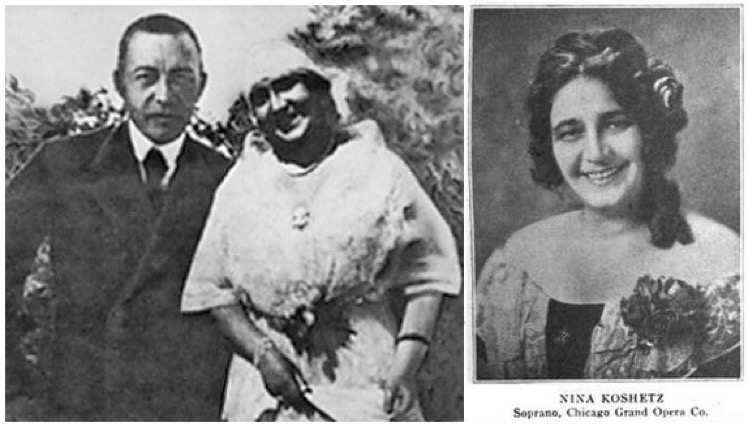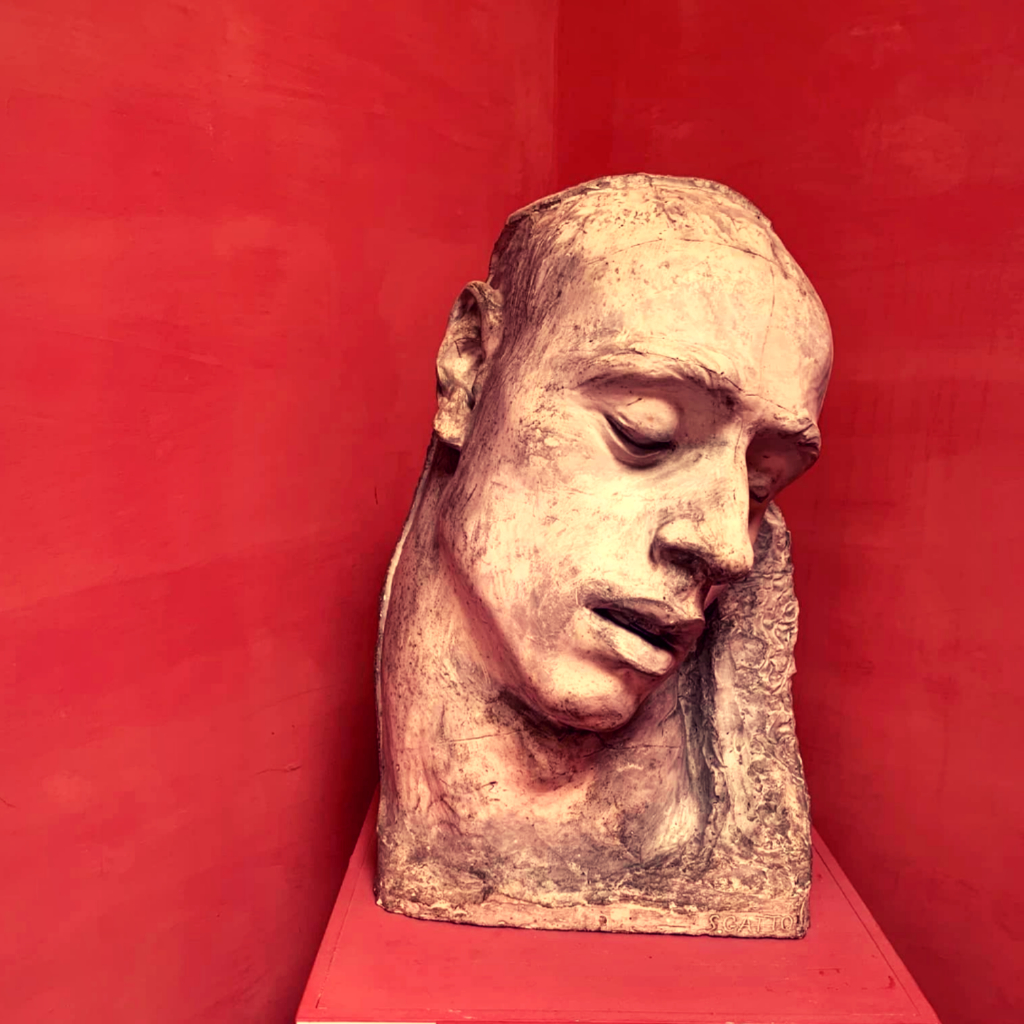
“Rachmaninoff, for some reason was in a genial and welcoming mood, asked me what I was doing, what I was composing… I could not quite understand what had suddenly made him so friendly. No doubt the arrival of Koshetz has something to do with it.”
Over the past few years, enthusiasts and music researchers of Sergei Prokofiev have enjoyed the availability of sources related to the life and work of the composer. By the fiftieth anniversary of Prokofiev’s death, documents in the Russian archives became available. Until 2003, Sergei Prokofiev’s archive with items relating mainly to the Soviet era, and by the time he lived abroad, were provided to the composer’s widow.
An important event was the publication of Prokofiev’s diaries in 2002, the documents were deciphered by the composer’s son and composer’s grandson. Thanks to Anthony Phillips, who has translated 1,600 pages of entries, the diaries are now available in English.
The first of three volumes, subtitled “Prodigious Youth”, was published in 2006 and reflects the years Prokofiev spent as a student at the St. Petersburg Conservatory. 2th and 3th volumes are devoted to his early years as an aspiring composer on the international stage, which began shortly before Prokofiev’s return to Russia.
Prokofiev’s diary, the first entries of which are dated 1907, took an important place in the life of the composer, who practically preserved his thoughts and experience. Thanks to his activities as a chronicler of his own life, we are now not only familiar with the details of Prokofiev’s daily affairs, but also have an invaluable look at the composer’s mind.
A review of the diaries shows that Prokofiev’s notes were often quite detailed. The result is a detailed description of the cultural life of Europe and the United States in the first decades of the twentieth century. For Prokofiev, his diary was so important that the news of the loss of one of his notebooks brought him more suffering than the prospect of losing the manuscripts.
Let us give one little example of his activity as a chronicler in the early years of life and creativity. Aware of his own historical significance, Prokofiev carefully preserved documents related to his life and compositions. Although he entrusted the care of such documents to his colleagues, when he was abroad, his apartment was robbed and his documents destroyed. He wrote down in his diary: “This is very bad news indeed, it means that the score of the Second Piano Concerto is lost (thank heavens, my mother brought the piano score with her), and it is a tragedy for me that one of the volumes of diary has gone for ever, the one covering the period from September 1916 until February 1917” (p. 536). Two years later he spoke again about the lost diary: “But the loss of the diary is a tragedy, as there was so much of interest in it” (p. 692).
Fortunately Prokofiev was reunited with a trunk that he had earlier deposited in the vault of Koussevitsky’s publishing house, which contained a large cache of letters and manuscripts as well as the diary that he had presumed to have been destroyed. Volume 2 covers the years 1915 to 1923. In this volume, we first encounter Prokofiev as a young conservatory graduate eager to leave a mark on the world, but by its end he is an established professional confident in his abilities. In part, this confidence is linked to the events Prokofiev witnessed during the period in question, namely the February and October Revolutions. Phillips points out in his Introduction that impressions of Prokofiev as “concerned only for his career and his art, ignorant of and indifferent folding around him” (p 15) are all too familiar. However, the diaries demonstrate that such accusations are not entirely accurate.
From Reviewed Works: Sergey Prokofiev Diaries, 1924–1933: Behind the Mask by Anthony Phillips; Sergey Prokofiev Diaries, 1924–1933: Prodigal Son by Anthony PhillipsReview by: Terry Dean
Get Prokofiev: Works for Orchestra, Vol. 1here: https://amzn.to/30ls0HN


